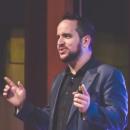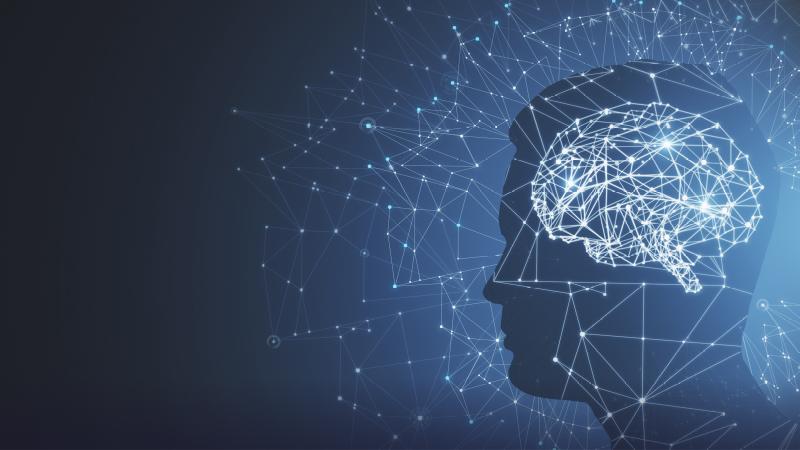Hurdles of Innovation

If you’re reading this there is a better than average chance that you either are an innovator or will be soon. People who regularly attend conferences, read widely, and follow obscure and longwinded blogs tend to skew venturesome; active information-seekers with diverse social groups and information sources, possess breadth of knowledge, are more willing to explore and adopt new ideas, and are able to cope with higher levels of uncertainty. If you are an innovator then, according to current research, you are part of a vanishingly small demographic that makes up just 2.5% of the total population. The unique cognitive and social diversity of this group offers perspective and insight into ideas, opportunities, possibilities, and solutions ahead of the mainstream.
Perhaps you see the solution to a problem right now. Congratulations, you have an idea–an innovation–that just might make a material difference in the lives of a lot of people. How do you get the other 97.5% of the population to adopt your solution? Will your innovation take off by itself on the merits of its benefits? Unlikely. If the best ideas always won, I wouldn’t be writing this. Even when the idea or innovation has clear and obvious advantages, skeptics must be won over. Old, entrenched habits must be abandoned. Innovations must be evaluated, explored and increasingly accepted until they reach critical mass (only then will they take off). This process can take years or may never succeed at all. Your efficacy as an innovator depends on your ability to optimize and streamline this process, influence your peers, and ultimately effect change in the real world. There is an art–and a science–to the diffusion of innovations.



